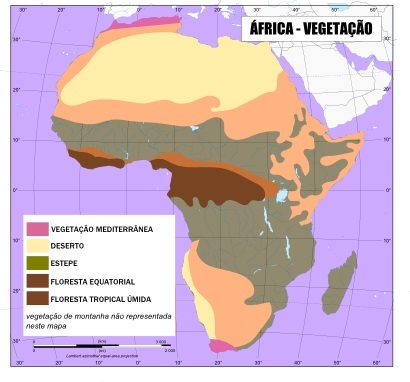For centuries, much of the Middle East was under the political control of the Ottoman Empire, which was centered on Istanbul, located in present-day Turkey. Since the French invasion of Egypt in 1798, European countries have begun to intervene in Middle Eastern politics. European colonial control reached its peak at the end of World War I, when the Ottoman Empire was dismembered and handed over to Britain and France.
Some Middle Eastern states (Iran, Egypt, Turkey, Iraq and Saudi Arabia) achieved independence from Britain and France between the 1920s and 1930s. The rest gained independence between 1944 and 1971. The drawing of its borders did not correspond to the ideal of nation or even less to the wishes of the societies in question, something that was also common on the African continent. After independence, with rare exceptions, monarchs and dictators ruled the Middle East. As in all postcolonial zones, the Middle East began to face two challenges: the creation of political stability and economic development.
The region's political stability has been affected by internal and external factors. Internally, coups d'etat, civil wars, revolutions and border disputes contributed to political instability. Externally, the importance attributed to the Middle East by foreign powers (United States and Soviet Union by much of the 20th century, and some European states) has also served as a complicating factor in the political life of the region.
Between the 1950s and 1970s, there was an attempt in the region to form regional integration based on values and cultural identity in order to strengthen the Arab League, an institution created after World War II, and to promote the Pan-Arabism. Former Egyptian president Gabal Abdal Nasser was the main creator of this project. In 1956, Egypt nationalized the Suez Canal, an important passage between the Mediterranean Sea and the Red Sea, with the immediate reaction of France, England and Israel, who invaded Egypt. Due to agreements established by the USSR and the United States, the invading countries retreated and Egypt was strengthened, increasing the ideals of Pan-Arabism. After Nasser's death in 1970 and the Yom Kippur War in 1973, Pan-Arabism was slowly attenuated and ended up discredited by its populations.
During the 1990s, some Middle Eastern states were slowly moving towards greater democratization. Already well-established in Israel and Turkey, democracy has begun to show signs of taking root in many – but not all – Middle Eastern countries. This movement towards democracy is a response to citizens' demands for greater participation in life politics of their countries and the hopes of political leaders to gain legitimacy, both in their state and in the outside.
Do not stop now... There's more after the advertising ;)
The factors responsible for the lack of economic development in the region are related to oil: the rents from this resource are concentrated in the power of transnational companies operating in the region and under state control, generally integrated to oligarchies represented by princes, monarchs and sheiks. In addition, oil currency ends up being invested in the oil production chain itself (prospecting, extracting, trading, refinement, production of derivatives etc.), with no diversification of the industrial structure from the gains from the sale of the crude oil. It is also worth noting the fluctuations in the value of a barrel of oil that prevent planning balanced and long-term economic extraction.
Still in 1960, the Arab nations defined the formation of a cartel involving large producers oil, mostly in the Middle East: OPEC (Organization of Exporting Countries of Petroleum). The creation of the group had as its main objective to reduce the influence of Western corporations that controlled the extraction and production of oil, which at that time were known as “the seven sisters” (currently corresponding to the companies ExxonMobil, ChevronTexaco, Shell and BP). With Israel's advances towards the Palestinian areas, OPEC has increased the values of a barrel of oil as a form of protest against the Western world's lack of initiative in seeking a resolution to the conflict. In 1973, this resulted in the 1st Oil Shock, but OPEC's interests ended up being restricted to economic reasons and, after this episode, it was not possible to point out the cartel as a defender of the interests of the Arab peoples, because even in some of these countries that have oil reserves, social inequalities are accentuated.
Julio César Lázaro da Silva
Brazil School Collaborator
Graduated in Geography from Universidade Estadual Paulista - UNESP
Master in Human Geography from Universidade Estadual Paulista - UNESP

